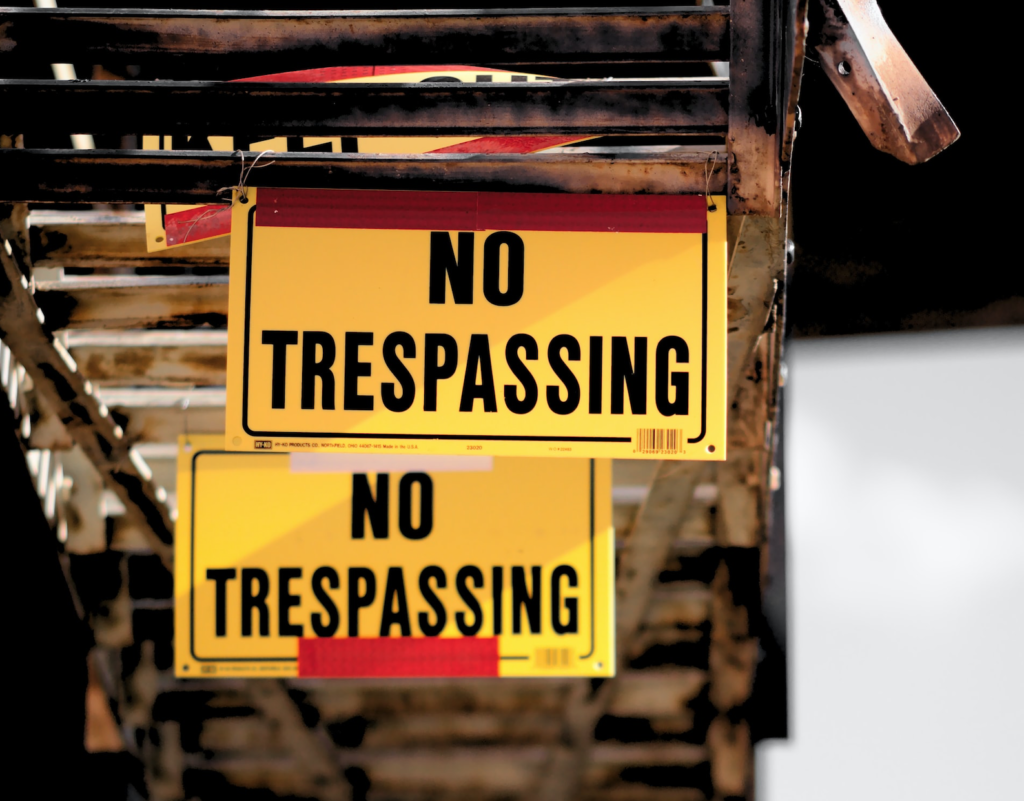Always the last one in the office? Finding it hard to say ‘no’? Do you consider yourself a people pleaser?
Then this post is for you.
Unfortunately, there is a huge paradox when it comes to setting boundaries. It can be uncomfortable to communicate your boundaries, but they are critical for your personal comfort.
The discomfort in setting boundaries often comes from a desire to be liked. You don’t want to be seen as rigid or unkind. But we need boundaries when others are asking for more from us than we are comfortable with.
Boundaries are a healthy and important way of protecting your autonomy, your safety, and your dignity. It’s an expression of personal leadership.
And yes, it requires standing up for yourself. Right from the start. Because the thing with boundaries is that once you give in, it’s two times harder to stand up for yourself the next time a similar thing happens. Three times harder the time after that, and so forth.
We unwillingly create an expectation with that other person. An expectation that it’s ok to be late. That you will of course pick up the extra work to make the deadline. That it’s not such a problem if your partner again fails to do this chore that was promised.
People will be shocked when you say ‘no’ after letting something slip many times before. They will not understand you. They might even get angry with you.
Told you: paradox.
People who stand up for themselves from the get go will never face this disbelief or anger. They set another expectation: my time is not to be wasted, I am not responsible for cleaning up your mess, I am worthy of being treated with respect. You better not ask me / do this again!
So it’s clear there is a lot to gain with setting boundaries. But how to do it? Here are 3 of my personal strategies that have worked for me.
- Practice saying “no”. It’s a skill and skills can be build! If you know that setting boundaries is not your natural talent, then start practicing it in your everyday life. Tell people that you are working on setting boundaries. There is no harm in asking others to be supportive in your ambition. Involving them creates a deeper understanding of why you are saying “no” more often. Also remember: you are not a bad person for saying “no”. You are taking charge over your life and practicing self-care. Saying “no” can be done in a friendly manner, without ruffling someones feathers. Try it!
- New situations are THE moment of expressing and setting your boundaries. Prepare yourself for such situations. Often, we say ‘yes’ before we know it, because a question is catching us off-guard. Because we don’t know the other person that well, and we don’t want to make a ‘wrong’ first impression. But what is ‘wrong’, really? So be extra alert in the first month of that new job, during the sales call with a prospective client, or when you’re planning a holiday with friends. How do you see yourself in the new role within this new situation? What expectations are reasonable and where do you draw the line?
- Renegotiate! Agreed to something too fast and now bummed out because of it? Go back and set it straight! Don’t sit on it by yourself for a week, do it right away. Be honest, explain that in a first flash of the moment you may have overpromised. We are all human, and most people will be understanding to the fact that such a thing can happen. They’ll probably even admire your personal leadership in standing up for yourself. Instead of sitting on the problem alone, you can now look for an alternative solution together.
What are your experiences with setting boundaries?
